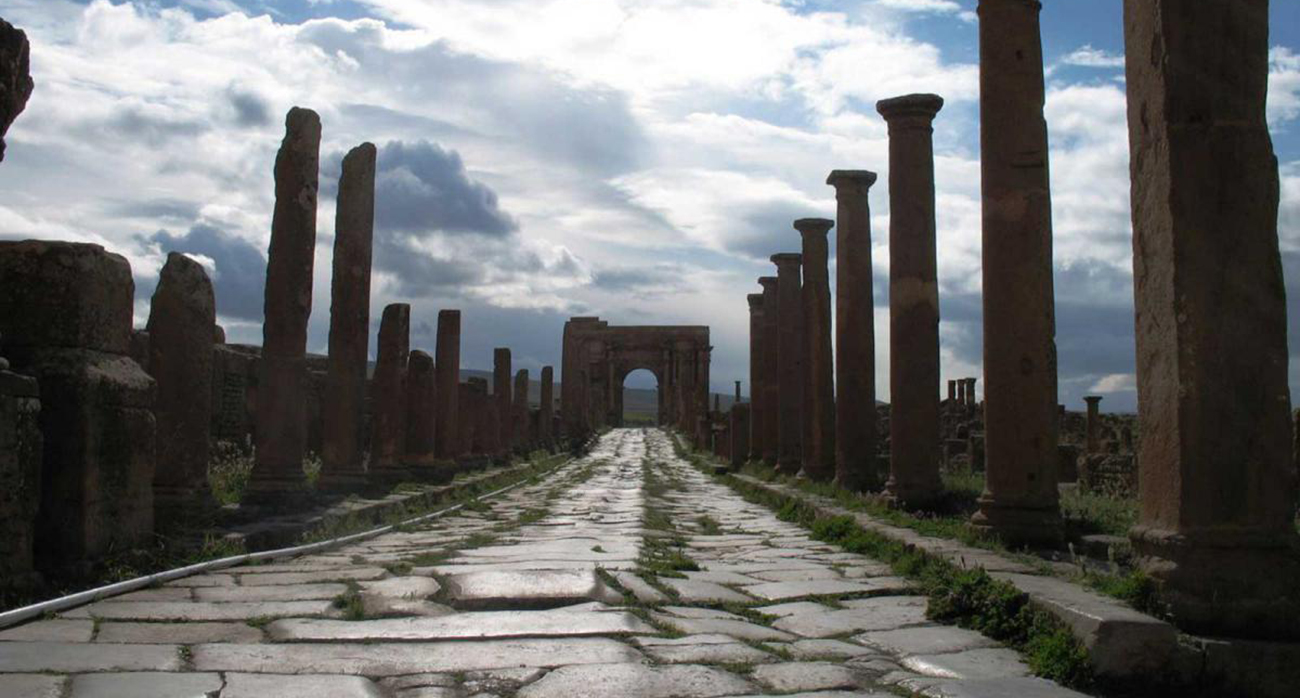Introduction. Xenophon (c.428-354 B.C.) was a historian and a miscellaneous writer, a military leader and a disciple of Socrates, of whom he was a pupil at an early age. As a writer, he was together with Thucydides and Plato one of the great exponents of Attic Greek. His principal works are the 'Anabasis', an account of the campaign of the Greek army which marched into Asia in 401, and their subsequent retreat along the Tigris and the plateaux of Armenia to Trapezus on the Black Sea, during which Xenophon...
Pliny the Younger: Avunculus Meus
Introduction. The following two extracts are translations from two of the letters of the Younger Pliny and were written in praise of his uncle, Pliny the Elder, the famous naturalist and scholar. For details of the Younger Pliny the reader is referred to the item on this blog dated 12th July 2011, entitled 'Tres Feminae'. The text of both extracts is taken from the 'Cambridge Latin Anthology', edited by Ashley Carter and Phillip Parr, Cambridge University Press, 1996. 1. A day in the life of Pliny the Elder (adapted from 'Letters'...
Introduction. 'Ecclesiazusae', produced probably in 392 B.C. is one of the last plays Aristophanes wrote. In style and content it represents a transitional phase between the Old Comedy of the Fifth Century and the New Comedy associated with Menander: there is still a political theme, still a comic hero (here female); but the sustained attacks on individual politicians have gone, the chorus has a reduced role, and a new style of quiet, witty dialogue has emerged. Power to women? The women of Athens, led by Praxagora, have decided to seize political...
Introduction - Plato. Plato (427-347 B.C.) was the greatest of the Greek philosophers, and also one of the greatest Attic prose-writers. He was hugely influenced by the life, teaching, and death of Socrates, who himself wrote nothing. Plato wrote about twenty-four philosophical dialogues, in most of which Socrates is the principal figure. It is a matter of controversy how far Plato portrays the historical Socrates, and how far Socrates is made a mouthpiece for his own views. Central ideas (the importance of philosophical enquiry, the notion that virtue is...
Personae Non Gratae
Introduction. The theme of these four extracts, translated by Sabidius, is that of 'Unwelcome people'. The first two are tricksters; the last two are both notorious women. Sallust's character assassination of Sempronia is particularly memorable. In the final extract Cicero is defending Caelius from the charge by his former mistress Clodia that he sought to poison her. As she was the sister of his bitter enemy, Clodius, Cicero was no doubt happy to blacken her character. These extracts are taken from the 'Cambridge Latin Anthology', edited by Ashley Carter and...
Pliny the Younger: Tres Feminae
Introduction. The following portraits of three women are taken from the letters of the Younger Pliny, the famous letter-writer of Imperial Rome (61-113 A.D.) His mother's brother was the famous naturalist and polymath, Pliny the Elder, and as a young man he was a witness to the eruption of Vesuvius in 79 when his uncle was killed while trying to organise assistance to the stricken communities on the Bay of Naples. Inheriting his uncle's name and estate, theYounger Pliny enjoyed a successful career as a public servant. He was...
Sophocles: Extract from “Philoctetes”
Introduction. "Philoctetes" is one of Sophocles latest plays. It is unusual in several respects, with a small all-male cast and without a tragic ending. The text of this extract is taken from "A Greek Anthology", JACT, Cambridge University Press, 2002. The prologue and epilogue to this extract are also repeated here. Prologue. Philoctetes joined the Greek expedition to Troy. During a halt to offer sacrifice at the island of Chryse he was bitten by a snake. The wound festered, and the stench and his cries so disturbed his comrades...
Thucydides: The Athenians’ Response to the Revolt of Mitylene: Extracts from “The Peloponnesian War” Book III
Introduction. In this further extract from Thucydides' great work, Sabidius has translated excerpts from the speeches made during the debate in the Athenian assembly about the fate of Mytilene, a city on the island of Lesbos which had rebelled against the Athenian Empire in 428 B.C. Since Mytilene was a long-standing and privileged member of that empire, the Athenians were shaken and angry at this disloyalty, especially since they were now engaged in a life-and-death struggle with Sparta (the Peloponnesian War 431-404 B.C.). The Athenians subjected Mytilene to a...


